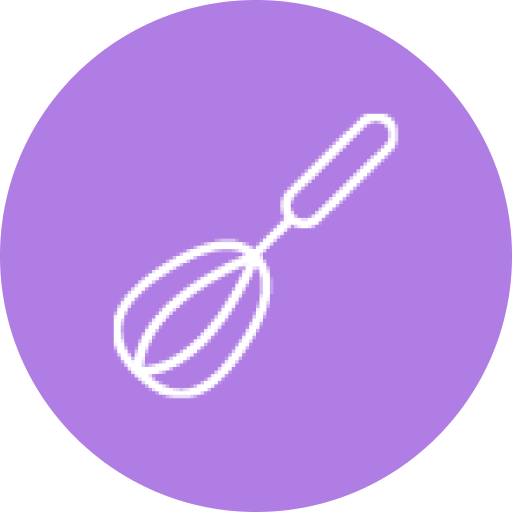A Guide to Gastric Sleeve Surgery Recovery
Each year, approximately 256,000 Americans choose to undergo weight-loss surgery. By far, the most popular option is gastric sleeve surgery.
If you've had gastric sleeve surgery or are thinking about it, you know that aftercare is crucial for long-term success. This involves not only recovering from surgery but also adopting a healthy eating plan that will help you to stay strong and make a full recovery.
Let's explore gastric sleeve surgery aftercare in more detail, including food choices that will set you up for success.
Understanding Gastric Sleeve Surgery
Gastric sleeve surgery is known in medical terms as vertical sleeve gastrectomy. It involves removing a large portion of the stomach. This creates a much smaller, sleeve-shaped stomach that is only about 25% of its original size.
This surgery has two main effects. It greatly reduces the stomach's capacity, so you will feel full more quickly. Additionally, it removes cells that are responsible for producing the hormone ghrelin. This hormone stimulates hunger, meaning that after surgery, you will likely feel less hungry.
Weight loss results after surgery are usually good. Many people can lose 50% or more of their excess weight. To get the best results, though, it's vital to follow a healthy eating and exercise regimen.
Recovering From Surgery
Gastric sleeve surgery usually takes about an hour, with a further hour in recovery. You will need a general anesthetic, and it will be performed laparoscopically. This means that they will only make a few small incisions during the operation.
After the surgery, you can suck on ice chips to avoid dry throat and keep hydrated. The next day if everything is going well, you'll be able to drink some water. As the anesthesia will have worn off, you will probably need some pain medications.
If all goes according to plan, you should be able to return home 2-3 days after the procedure. During the next week, you will be able to take clear liquids, such as water, brother, clear soup, and unsweetened juice.
This may sound hard, but most patients are not hungry during this first recovery week. You might find it hard to drink at first, but it's important to drink little and often. This will help to avoid dehydration and other complications.
If you have any pain or symptoms such as vomiting after you have returned home, contact your doctor.
One Week After Surgery
By this point, the pain has subsided for most people recovering from surgery, and you will be ready to move on to the next stage. Following a successful post-op check-up, you will be able to incorporate more variety into your liquid diet in week 2.
For the next week, you will continue to drink lots of clear fluids. Now you can also start to include more substantial liquids into your diet. It's very important to still avoid solids as your digestive system will not be ready to handle them.
You can start adding extra liquids, including:
- Low-fat milk
- Smoothies
- Drinking yogurt
- Fat-free yogurt and fro-yo
- Smooth soups
Continue avoiding drinks that are high in sugar or fat, and avoid caffeine. Your doctor will provide you with a full list so that you can increase your intake of nutrients while allowing your stomach to continue to heal.
Two Weeks After Surgery
After receiving the go-ahead from your doctor, you may now be able to introduce pureed food into your diet.
Your goal is to eat 2oz (60g) of protein per day. The pureed food you take should be completely smooth and lump-free.
Take your time and take small portions. This can be a tough process as you have to learn how your body tolerates certain foods. It's normal to experience stomach pain, gas, or diarrhea at this time. Make a note of the foods that don't agree with you at the moment and avoid them for now.
When you can tolerate some pureed food, start taking a multivitamin. This will help to keep your nutrient levels up during recovery.
The following foods could be good options for you (all pureed):
- tuna mayonnaise
- meat stew
- humous
- steamed vegetables
- thick soup
- scrambled eggs
During this period, continue to avoid starchy foods, foods with lots of fat, and spicy foods. Also, peel vegetables and make sure they are well cooked before liquidizing. A little smooth peanut butter could also be included at this point.
Three Weeks After Surgery
If you are continuing to make good progress, your doctor may now advise you to introduce soft, lumpy food. This could include well-cooked meat and vegetables, eggs, canned fruit, or other soft fruit. You may also be ready to try caffeinated coffee and tea again - but only in moderation.
Continue to keep your diet low in fat and sugar. Avoid foods that are tough or difficult for the body to digest, such as tougher cuts of meat or nuts.
By this point, you're almost ready to return to a normal, healthy diet. If all goes well, 4 weeks after surgery, you should reach this point.
Four Weeks After Surgery - Healthy Diet
After four weeks of carefully following the gastric sleeve surgery diet, your doctor will give you advice on your long-term diet.
Gastric sleeve surgery can be a great weight-loss aid, but it's not a magic bullet. It will help you achieve long-term success only if you follow the nutritional guidelines in the future.
Your doctor will advise you on the best meal plan for you, how frequently to eat, and how to eat. You will need to continue to avoid high-fat and high-sugar foods. You will also need to avoid eating and drinking at the same time, as your stomach capacity is now much smaller than before.
Healthy Snacks for Long-Term Success
Getting the weight off- and keeping it off - is an achievable goal with gastric sleeve surgery. Follow the guidelines from your doctor strictly, and in just a few months, you will see amazing results.
Your diet after gastric sleeve surgery doesn't have to be boring! Plan meals that include lots of flavor and variety. Include healthy and satisfying snacks, like veggies dipped in nut butter. At American Dream Nut Butter, we've got a huge range just waiting for you to try.
Click here to learn more about our cashew butters. A little goes a long way, and they can be a deeply satisfying addition to your diet.
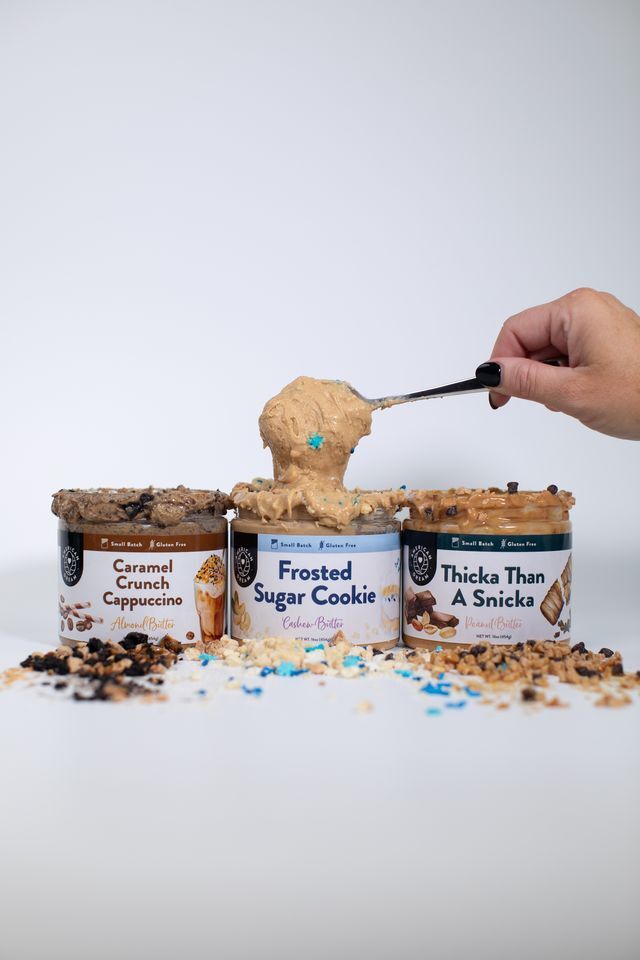 All Nut Butters
All Nut Butters
 Newest Flavors!
Newest Flavors!
 High Protein
High Protein
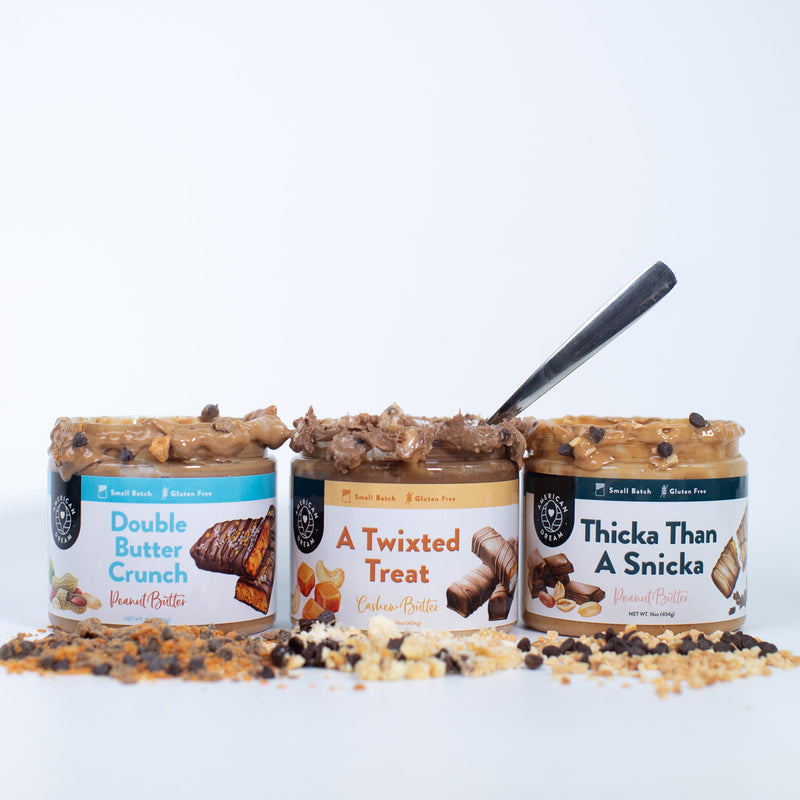 Butter Bundles
Butter Bundles
 Indulgent Butters
Indulgent Butters
 Cookies
Cookies
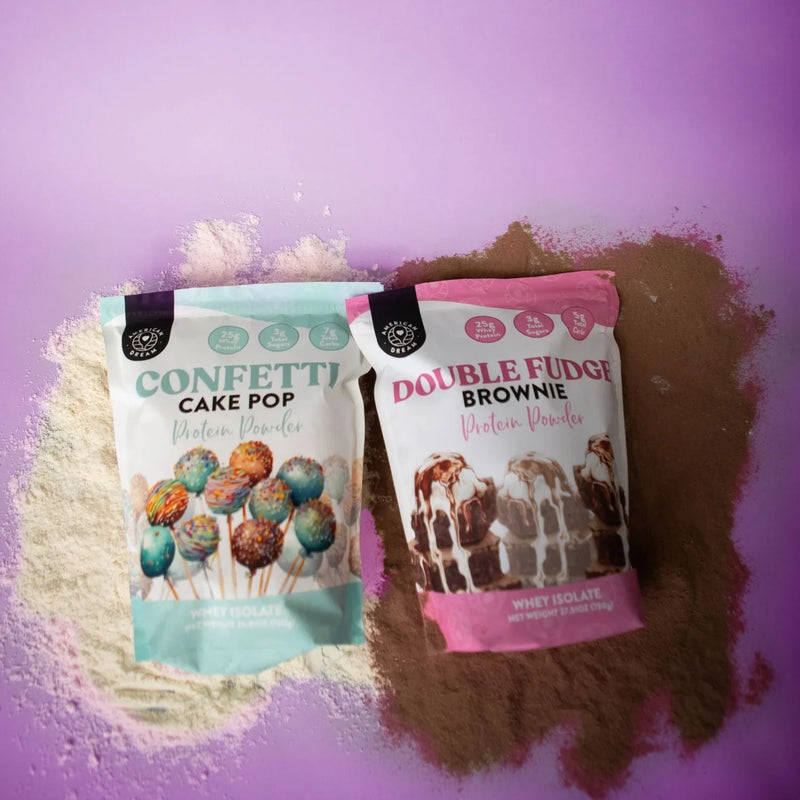 Nutrition
Nutrition
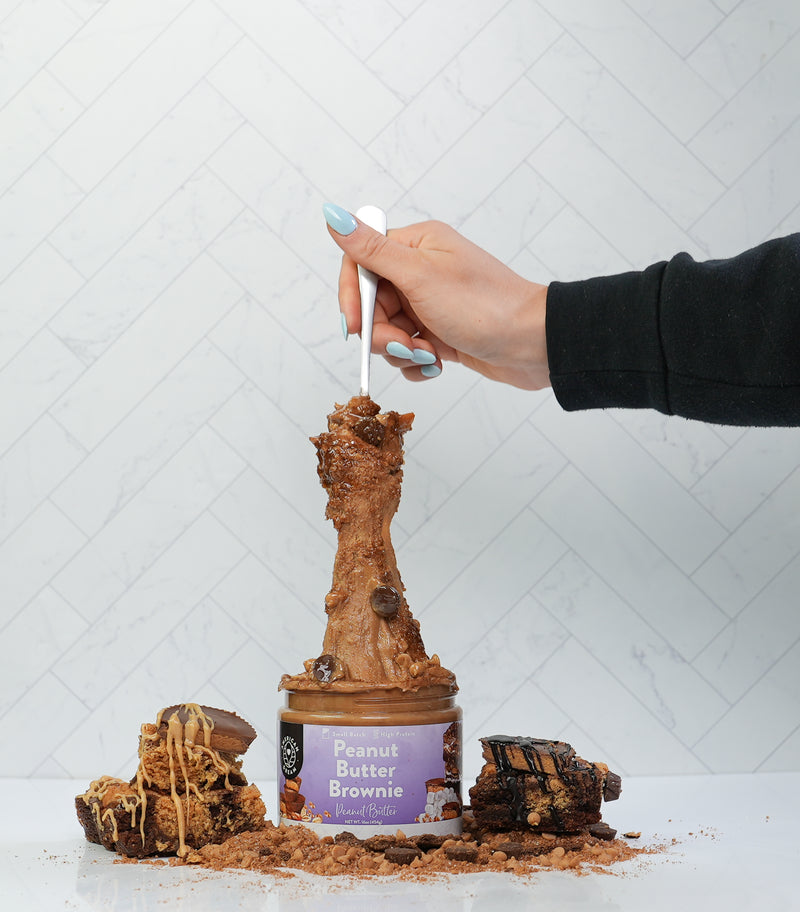 Retiring Soon
Retiring Soon
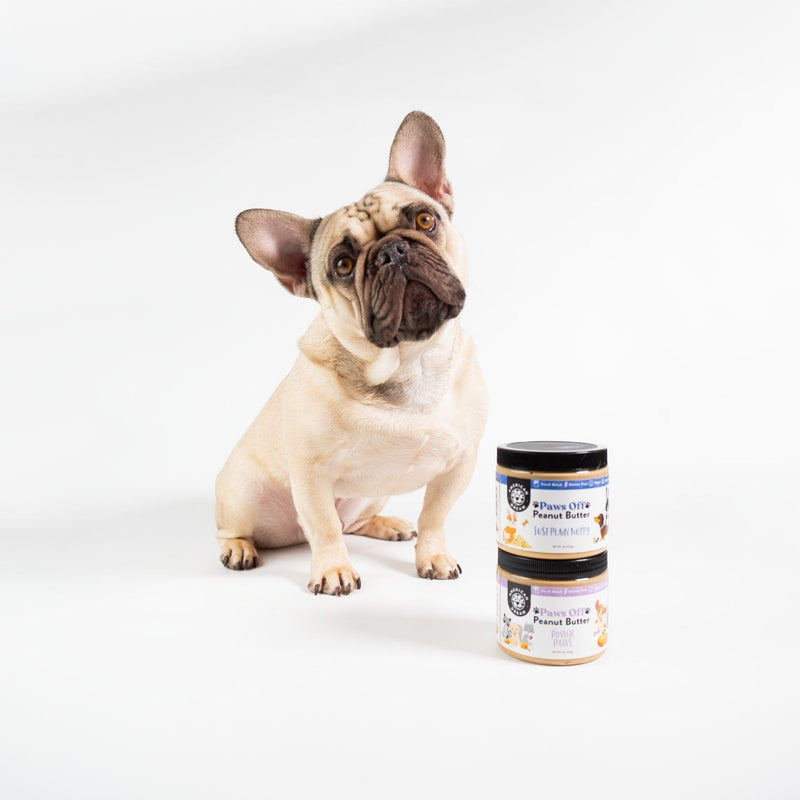 Paws Off
Paws Off
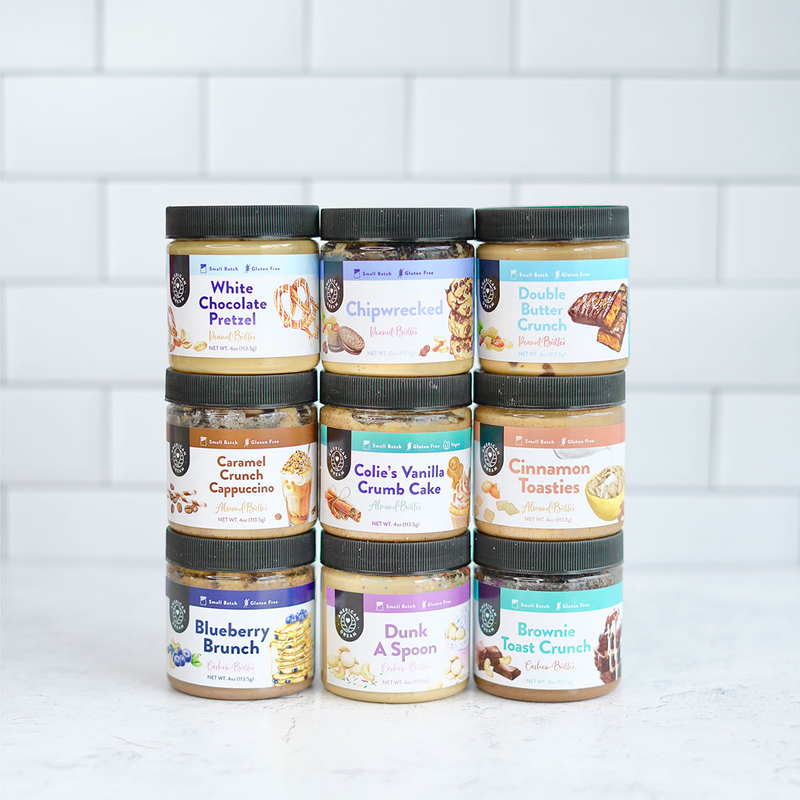 Sample Sizes
Sample Sizes
 Merch
Merch
 Gifting
Gifting
